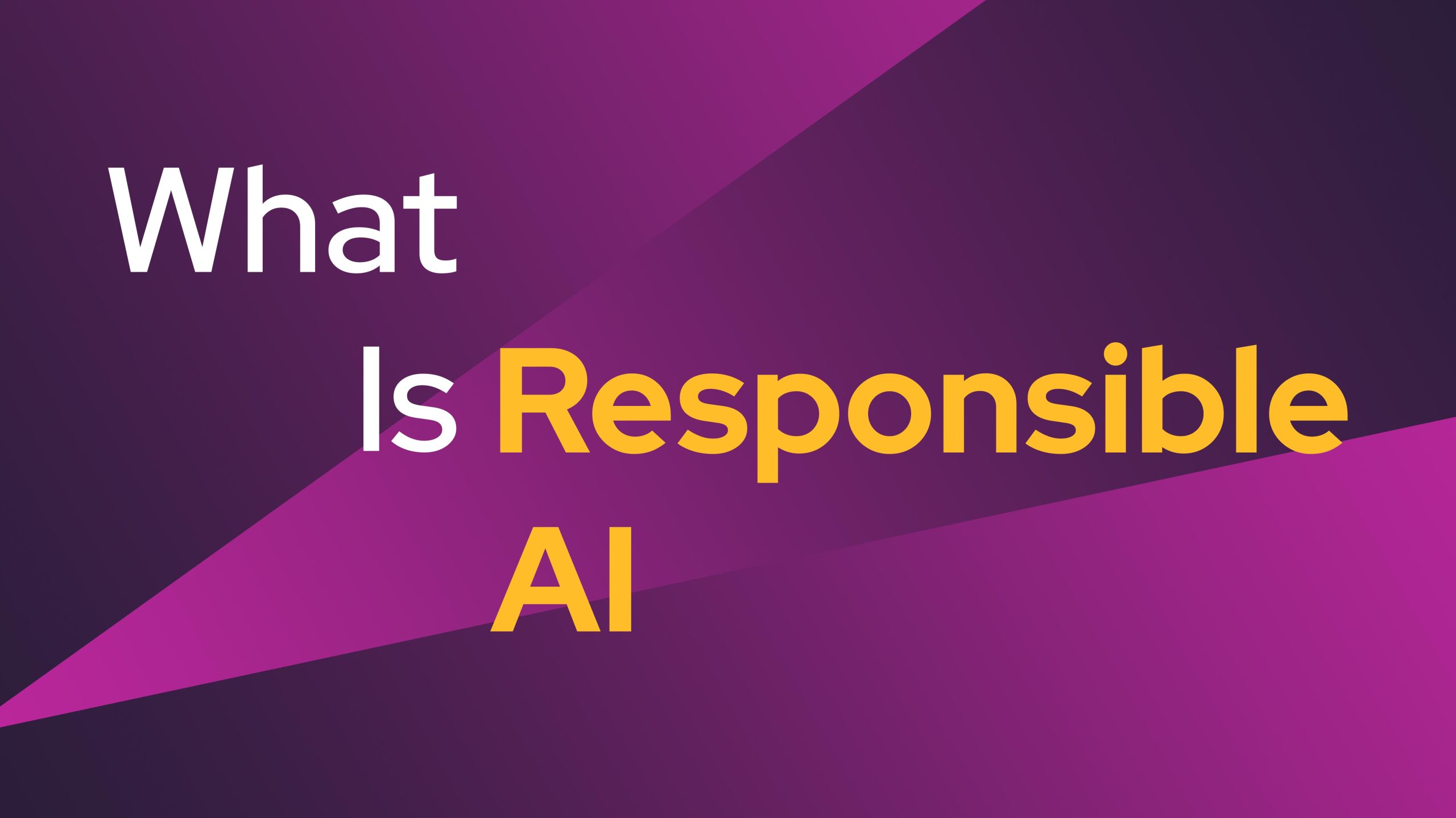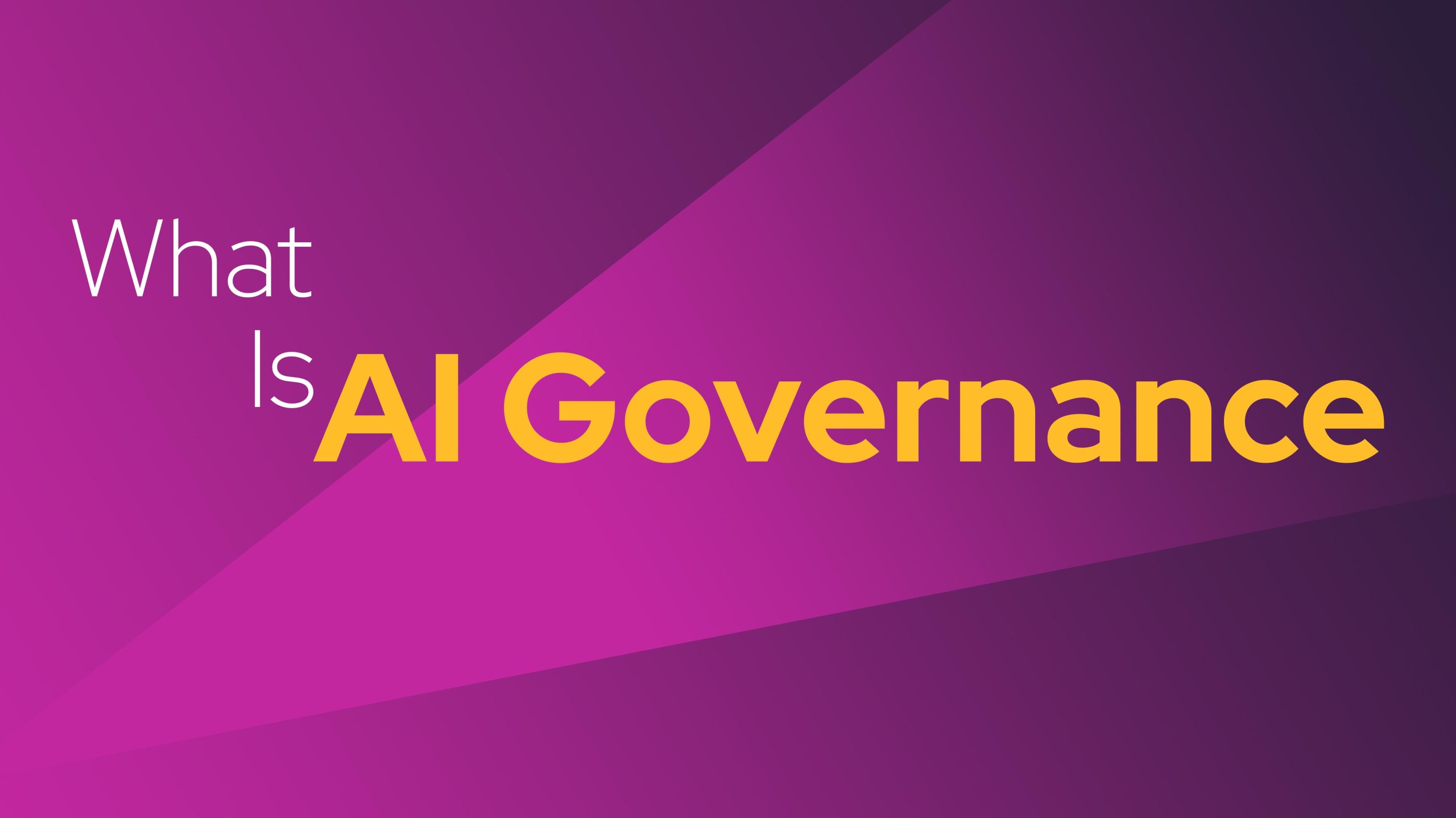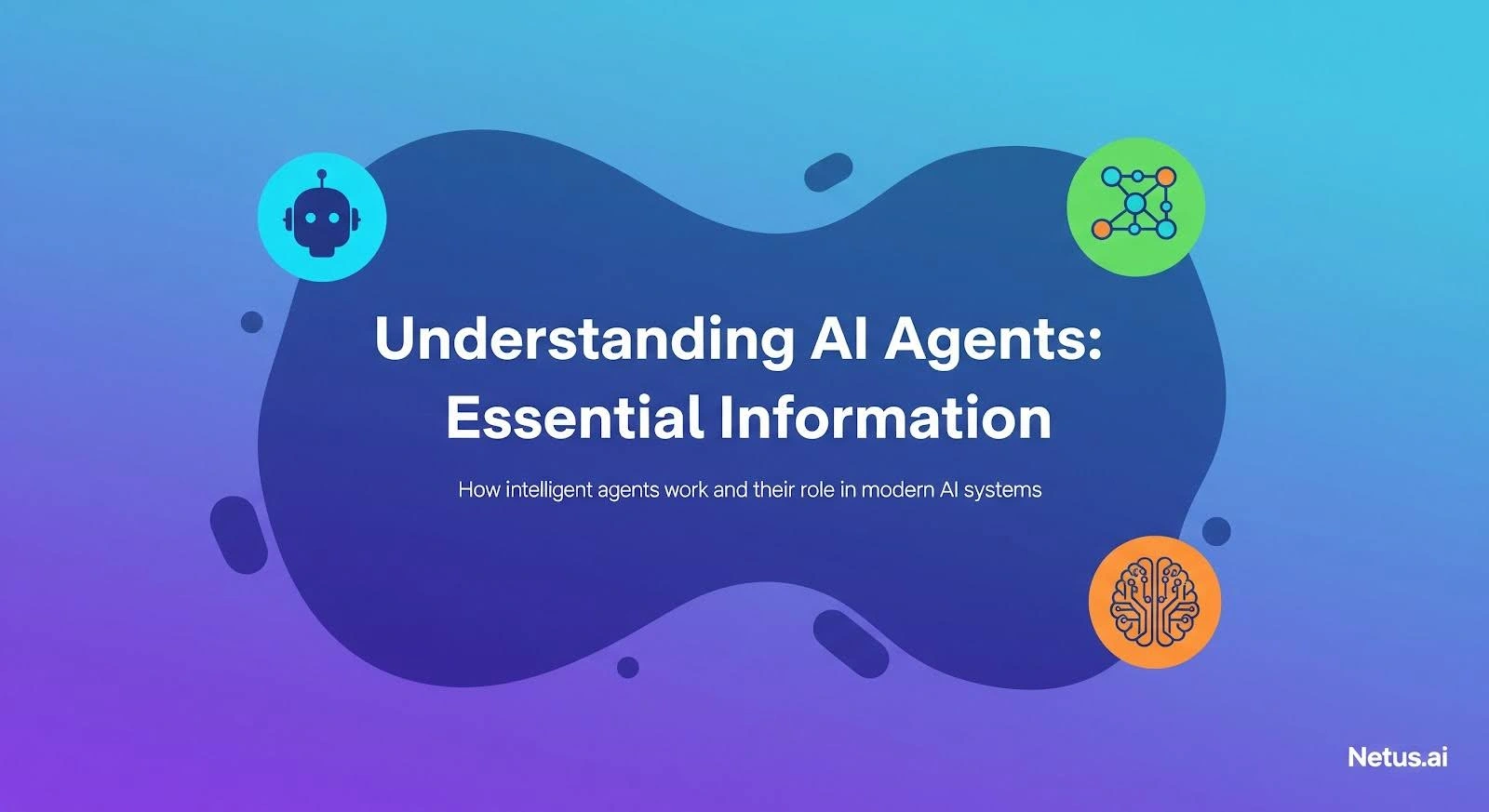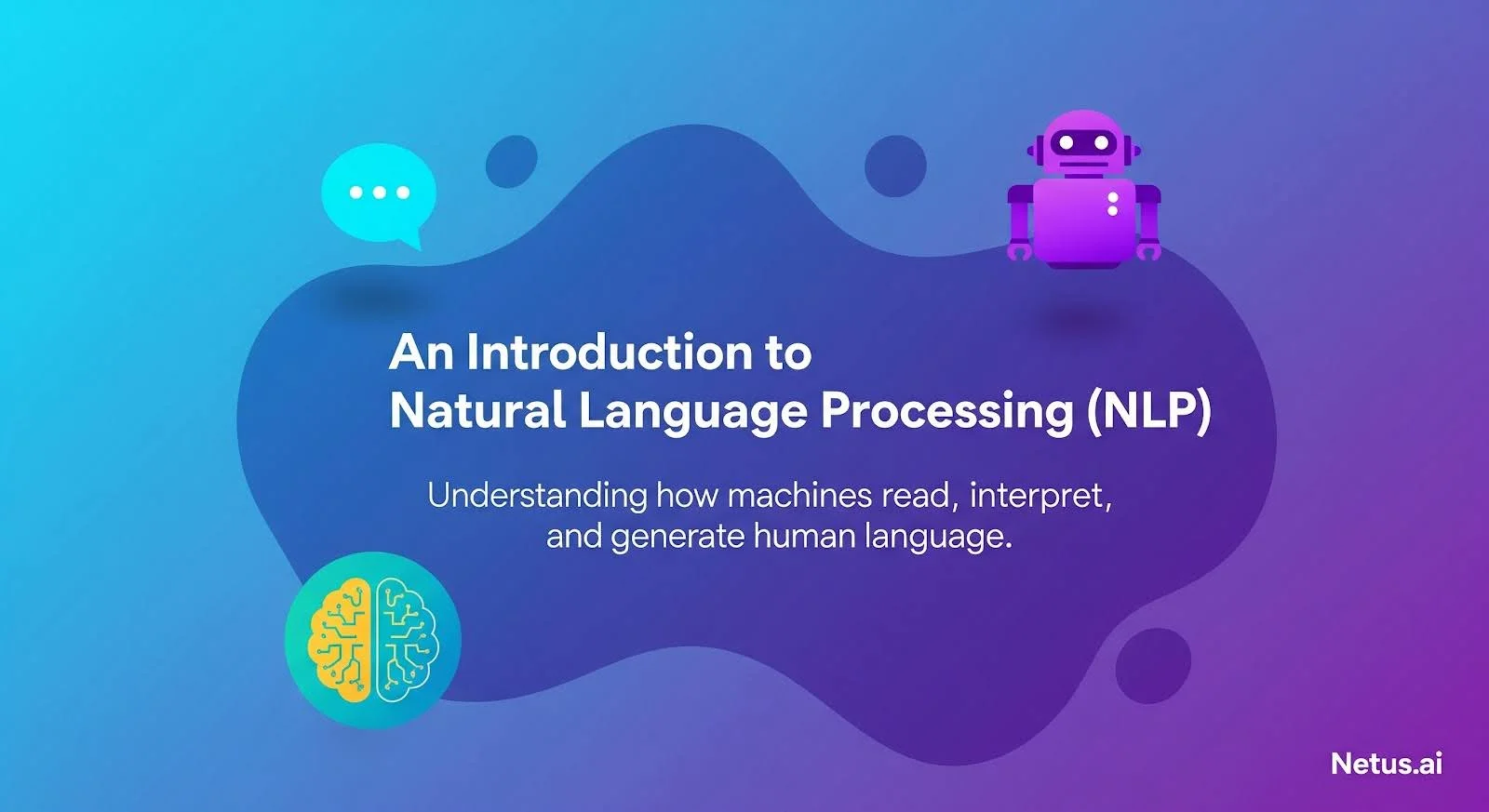Find out what responsible AI means. Discover the main ideas, the challenges, and see how some companies are putting responsible AI into action.

AI is becoming a big part of our everyday lives, and because of this, we really need to use AI in a good and careful way.
Now, AI is changing lots of different kinds of work, and because of this, it’s very important that AI systems are fair, clear, and responsible. This isn’t just something nice to add on; it’s something we must do.
Keep reading to learn about using AI in the right way. We’ll talk about what it means, the main ideas behind it, and what makes it hard sometimes. We’ll also give some examples of businesses that are already doing a great job with this.
Important Points (Short & Fast) :
- Responsible AI means making AI in a way that is good, fair, and clear for everyone.
- The main ideas of responsible AI are being open, responsible, fair, private, and safe, even though they might change a bit between different places and groups.
- Some usual hurdles in doing AI the right way include issues with data being biased, being open about how things work, keeping information private, and following rules.
- Tools and systems that find AI-made content can help make sure AI is used in a clear and responsible way.
- Some examples of companies that do AI responsibly are Microsoft, FICO, and IBM.
What Is Responsible AI?
Responsible AI means making AI technology in a way that is good, fair, and clear. It tries to focus on people’s needs and goals when making new AI things. It thinks about how these can affect everyone and tries to reduce any bad effects.
Let’s talk about bias in AI systems. Think of it like this: AI can only learn from the data it’s given. If it learns from biased data, it might make unfair choices. This is a big problem in areas like healthcare or money matters.
Companies that care about using AI the right way usually have steps to find and fix bias in their systems. They check their AI regularly and test it with different kinds of data.
What Is Responsible AI and How It Is Achieved
Even though different groups and jobs might have their own rules, some big ideas stay the same for responsible AI.
Here are the key rules for making AI the right way:
- Being open. When AI makes choices that can change lives, it’s key for everyone to understand how these AI systems work. This helps fix problems and makes people trust them more.
- Taking responsibility. Using AI the right way means being ready to take care of any bad results. This means having steps in place to find and fix any issues.
- Being fair. Good AI tries to avoid unfairness and make sure everyone gets treated the same.
- Keeping data safe. If creators use someone’s personal info, they have to keep it secure. They must follow rules that protect this data, like the GDPR.
- Making sure it’s safe. When dealing with personal info, companies need to make sure their AI is safe and strong. It should work well, handle mistakes safely, and be protected.

Making Responsible AI sounds easy, but it’s really not
Here’s what makes it tough to do AI the right way:
- When we collect data for AI, we have to be careful not to pick it in a way that’s unfair. If we aren’t careful, the AI might learn to be unfair too. That’s why it’s really important to check the data carefully before we use it to teach AI.
- AI and how it talks or learns can be pretty complicated. Sometimes, companies don’t share how their AI works because they want to be the only ones with that technology or they worry about keeping things safe.
- For AI to do its job well, it needs to use a lot of information. But we also have to make sure we follow rules that keep people’s information private. Finding the right balance is very important.
- There are a lot of rules about how to use AI properly, both in our own country and around the world. For example, there’s a big rule called GDPR that says websites have to protect people’s privacy. But, a study showed that even after this rule was made, almost all websites weren’t fully following it.
Beating these obstacles is tough for teams and groups trying to use AI the right way. Luckily, there are tools available to help.
What is the Job of AI Content Detection in Responsible AI Use?
AI content detection tools might seem hard to understand at first.
But, their main job is to find and highlight text made by AI. Since AI writing could have mistakes (like wrong facts), these detectors are important for using AI right.
For instance, Meta uses AI tools and people to spot AI text in social media posts. By making it easy to find AI text, the social media big company is being clear and taking responsibility.
Which Companies Use Responsible AI?
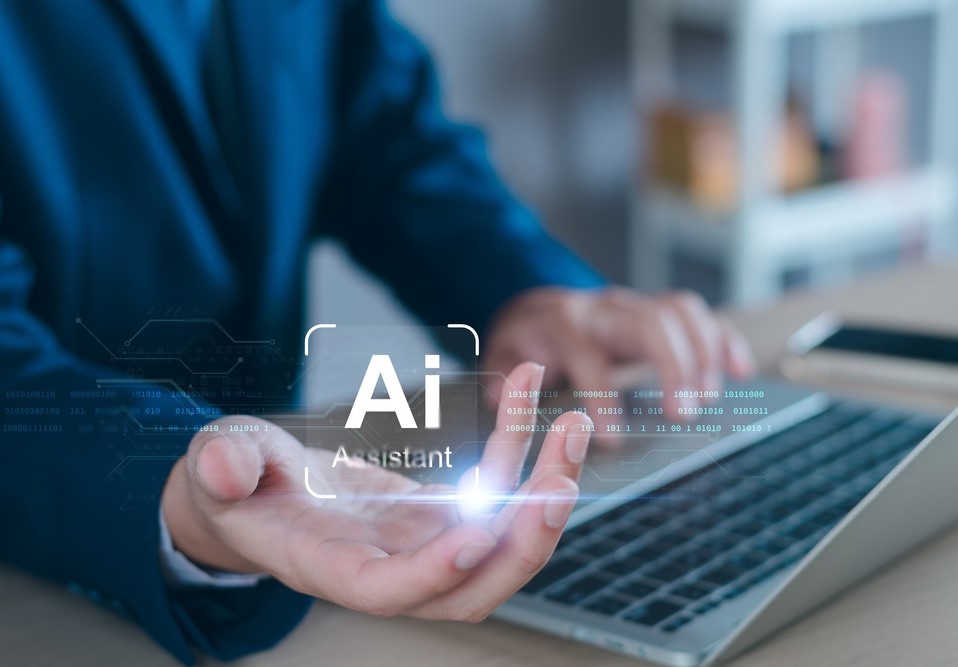
Many companies, not just Meta, are doing great with smart AI. Here are some big ones:
- Microsoft says it supports good AI. They share a lot of help like blogs, rules, and ways to make AI the right way.
- Fair Isaac Corporation (FICO), famous for giving credit scores, also promises to use AI safely in its FICO Good AI rules.
- International Business Machines (IBM) uses many ways to make sure its AI is used well, including its own AI Ethics Board.
What Is Responsible AI for Digital Marketing?
As digital marketing changes, companies use more and more artificial intelligence (AI). They use AI to make detailed and personal ads for their customers. But, this is a big job. They have to make sure they respect their customers’ privacy when creating targeted advertising. And they must always get their customers’ permission. In digital marketing, it’s vital to use AI responsibly. This means companies need to always respect their customers and do the right thing, while still making the most of what AI offers.
The Role of AI in Digital Marketing
AI helps a lot in digital marketing. It can group customers, suggest relevant content, predict trends and even serve customers automatically. In simple terms, it looks at a massive amount of information, finds connections, and gives tailor-made marketing messages. This means it can communicate in a way that speaks directly to each customer. This increases performance, makes customers happier and gives more value for money spent.
But, there’s a problem – using personal data for AI-run marketing can make people worried about their privacy, data safety and trust. So, it’s really important to use AI in a responsible way. This can help find the right mix of getting personal with customer care and also respecting their privacy.
Key Principles of Responsible AI in Digital Marketing
- Keeping Things Open and Easy to Understand:
We need marketing folks to be fully honest about how decisions are made by AI and what data is collected. Making privacy policies and consent forms easy to understand helps people know how their details are being used. Plus, it’s important that consumers know why certain ads pop up or why they get special deals.
- Having Power Over Your Personal Info:
People should be able to oversee their own data. This means we need to ask people if it’s cool to gather or use their personal info first. And, it should be simple for them to say no to data collection or targeted ads if they want to.
- Keeping Data Safe and Private:
The people in charge need strong steps in place to stop data problems and anyone sneaking a peek at things they shouldn’t. It’s really important to follow global privacy laws such as the General Data Protection Regulation (GDPR) and the California Consumer Privacy Act (CCPA).
- Being Fair and Reducing Bias:
AI can sometimes make decisions based on unfair data. Good marketers need to regularly check and tweak algorithms to make sure advertising treats everyone equally, and doesn’t isolate specific groups of people.
- Creating Honest Content:
AI can dish up content suited to each person. But, it’s critical for marketers to make sure the content is real, correct, and not manipulated or filled with false information.
Challenges in Implementing Responsible AI
You know, putting smart AI to work for things like online selling can be a hard game, even though it’s super important. Here’s why:
The issue of data – we need clear and fair data, yet it’s tough to get it from many different places.
The brainy methods: The ways that AI works can be difficult to make clear and understandable.
Following rules and regs: With changing legal rules around the safe use of data, it’s a constant job to stay updated and legal.
Playing nice with people’s private stuff: It’s about giving people what they want without stepping on their privacy, and that’s always a tricky line to walk.
Real-World Examples
Lots of businesses are on top of being good with AI in their marketing. For example:
Google Ads: They give you tools to understand why certain ads pop up for you.
Meta (used to be Facebook): They’re strict about checking ads and let people tweak what ads they see.
Amazon: They show recommendations carefully. This mixes well with keeping data private.
Responsible AI is the Future
We need to use it carefully even though using AI the right way isn’t easy, it’s very important.Doing this right means making sure AI is always clear, responsible, fair, private, and safe.
When businesses start using these good AI rules, they make sure AI helps us without causing problems.
Want to learn more about AI and how to spot it?
- Read a report on how well we can find AI-written stuff.
- Look at a big study done by experts on finding AI writing.
- Use a tool called Originality.ai to check your work for AI before sharing it.

